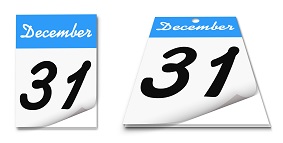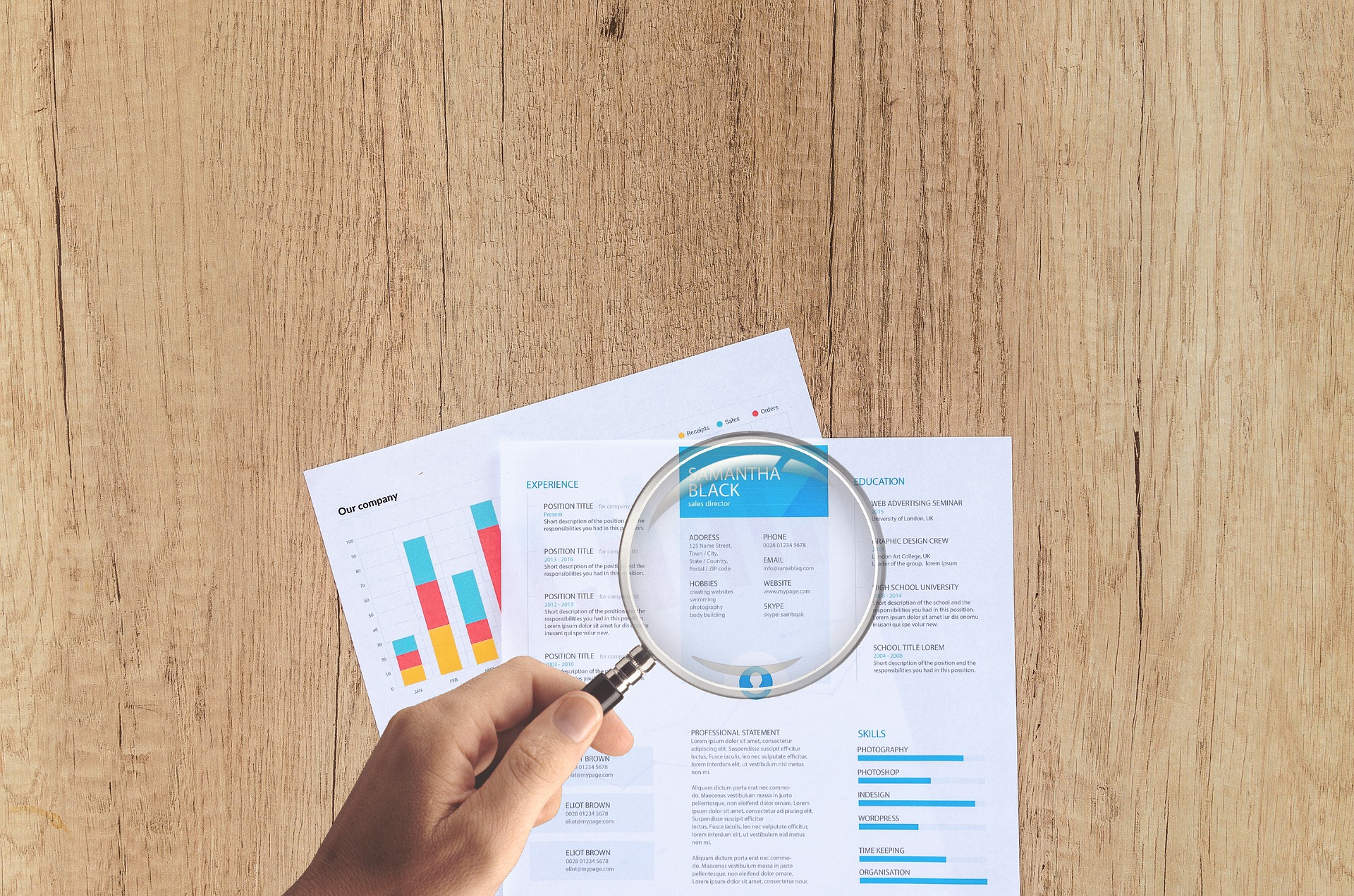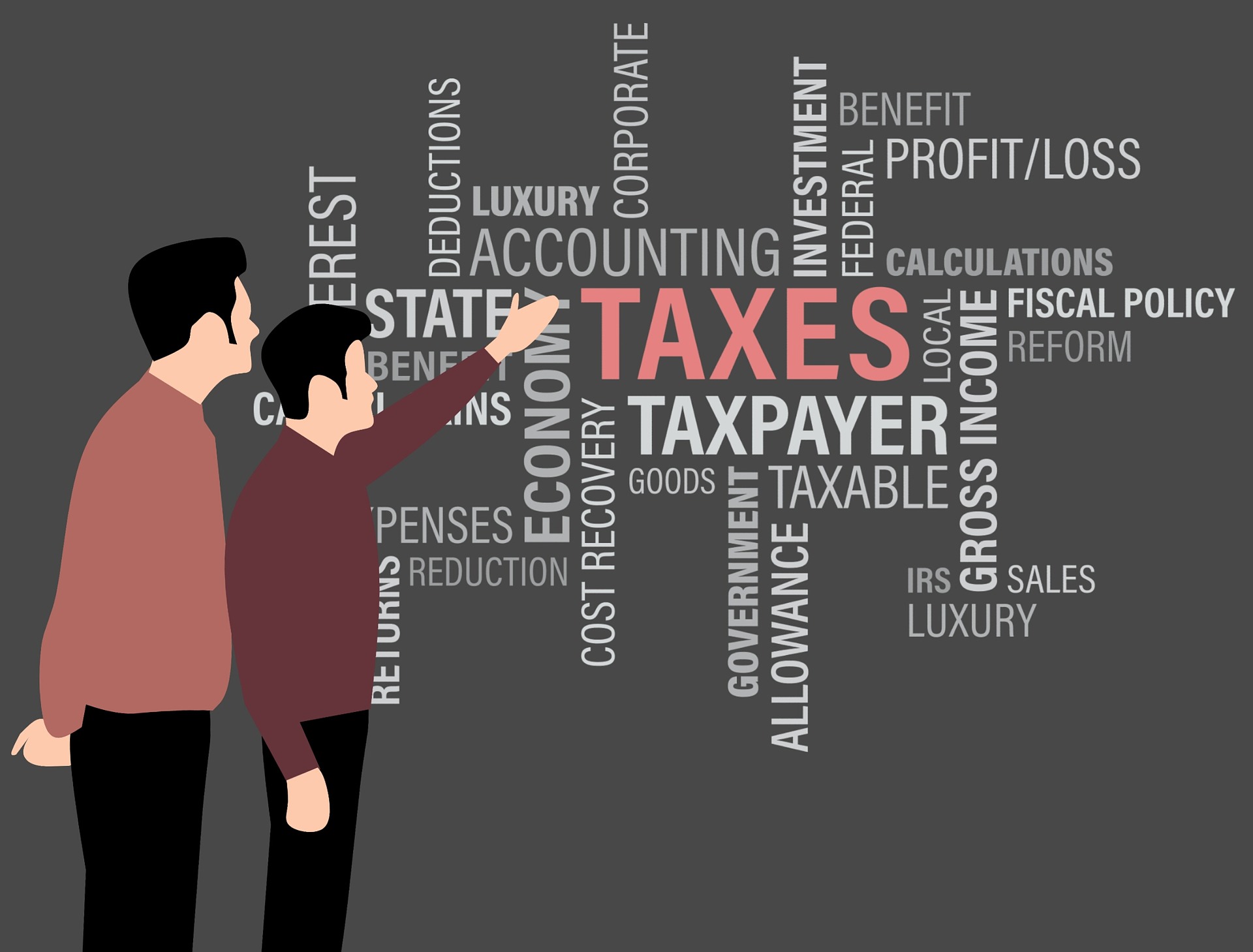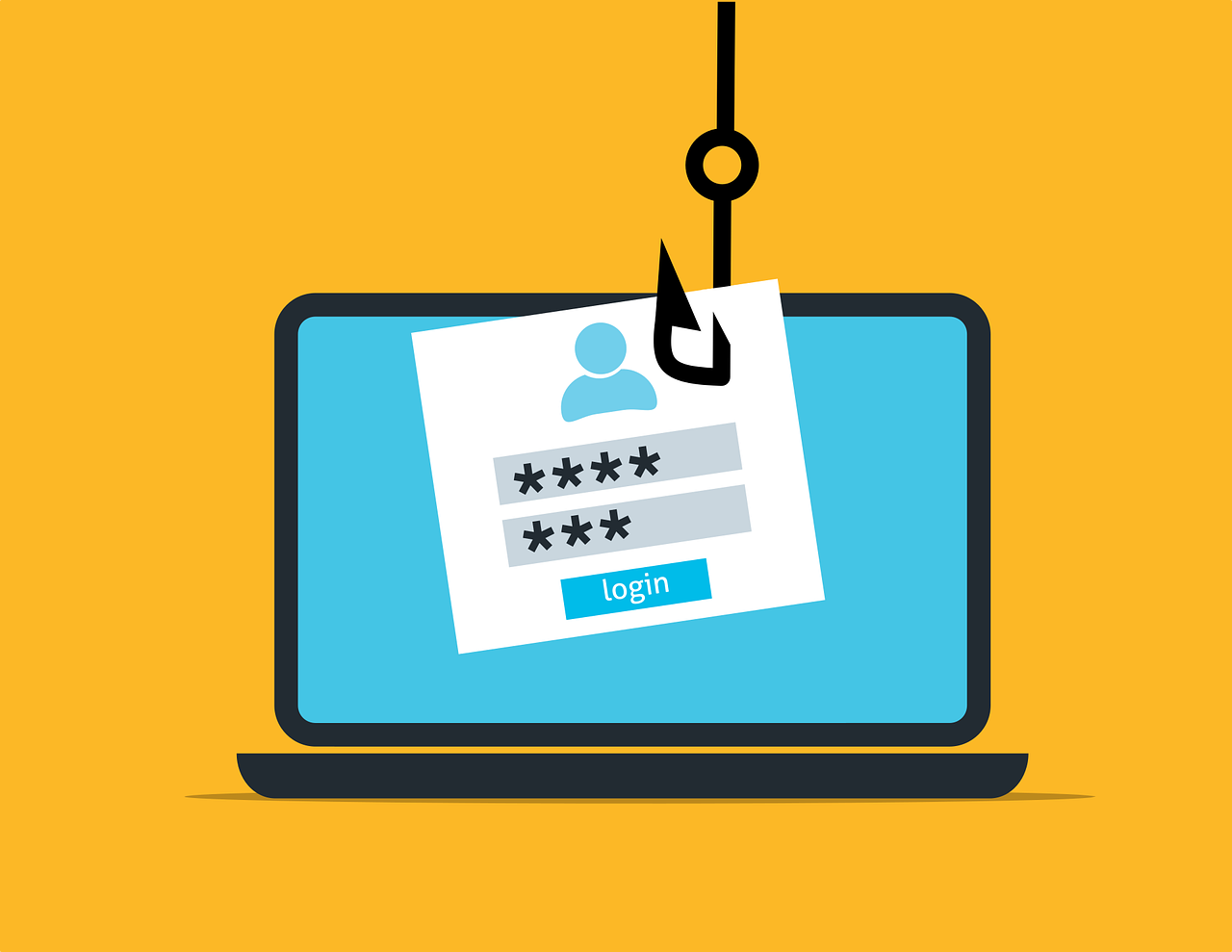Every business has a different year end. Essentially, you can choose the fiscal year end that works best for your business – which may happen to be December 31st, but June 30th is also a very popular year end date. Regardless, your fiscal year end is when your company is obliged to file its corporate taxes. This can be a very hectic period of time, just like when filing personal taxes, but it doesn’t have to be. If you are organized, you’ll have nothing to worry about.
In advance
You should be reconciling your bank accounts on a monthly basis and keeping a detailed account of your expenditures and income. Having your bookkeeping handled by a certified accountant is the best way to ensure accuracy and expedience. Keeping this sort of work in house can be difficult if you are a startup, so it is well worth the expense to hire a professional bookkeeper or accountant. It is also important that you organize all your important documents such as loans, investments and capital expenditures. The more organized your tax materials are, the faster your accountant can process and file your taxes.
What may happen…
Depending on how much you owe in taxes, your business may be required to make instalment payments. Instalments are a good way to manage your tax expense without having to pay a lump sum. You should also consider setting aside a set amount each month to go towards your taxes.
Manage your time
Your accountant will likely be filing corporate taxes for dozens of businesses, many with the same year end as yours. The sooner you get your paperwork submitted, the easier it will be for them to organize and submit your documents on time.
If you are handing your own year-end filing, be sure to give yourself plenty of time. Set aside a few days and take the time you need to do the job well. Revenue Canada has many forms, documents and contacts that can help you. A good place to start is by reviewing this Revenue Canada page. These links will help you manage your day-to-day accounting in addition to your year-end obligations. If you have questions,
It doesn’t end once you have filed
Hang on to all your previous tax returns for your business for at least seven years. If you are ever audited, it will be important that you have easy access to your tax history and supporting documentation. Never attempt to claim expenses that you can’t back up, or to take advantage of credits that don’t 100 per cent apply to your business. Not only can these circumstances trigger an audit, but if you are ever audited and can’t support your history of claims/credits/expenses, you may face back taxes plus interest.
The bottom line
The most important thing to know about year-end is that it does not have to be difficult or something to be afraid of. Whether you use the services of an accountant or file on your own, if you keep track of your documents and stay on top of your bookkeeping during the year, filing your year-end taxes will be relatively painless. AF Accounting can help you understand what you need for your year end, and help you with your accounting needs all year long. We’re just a call or click away.











